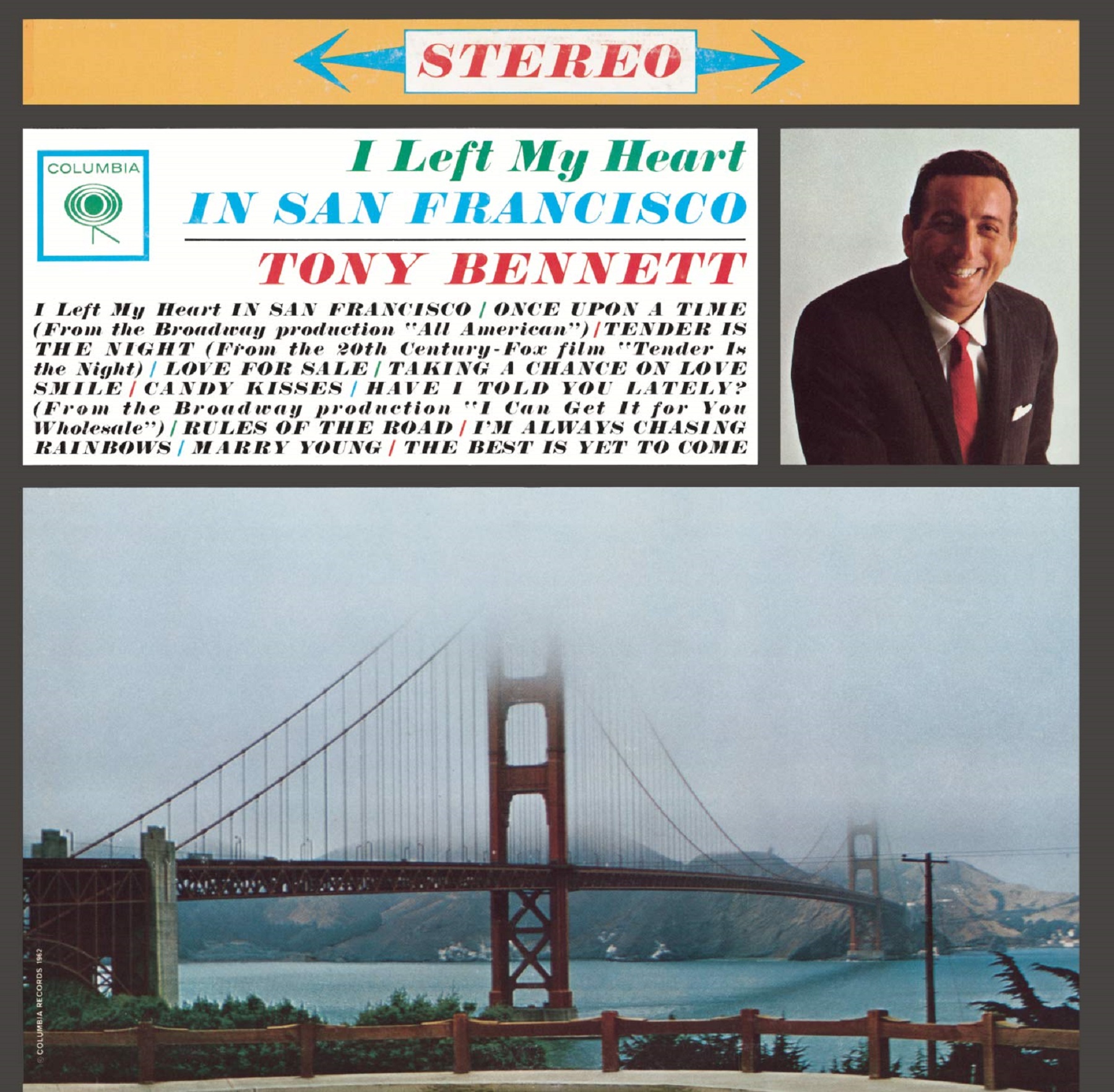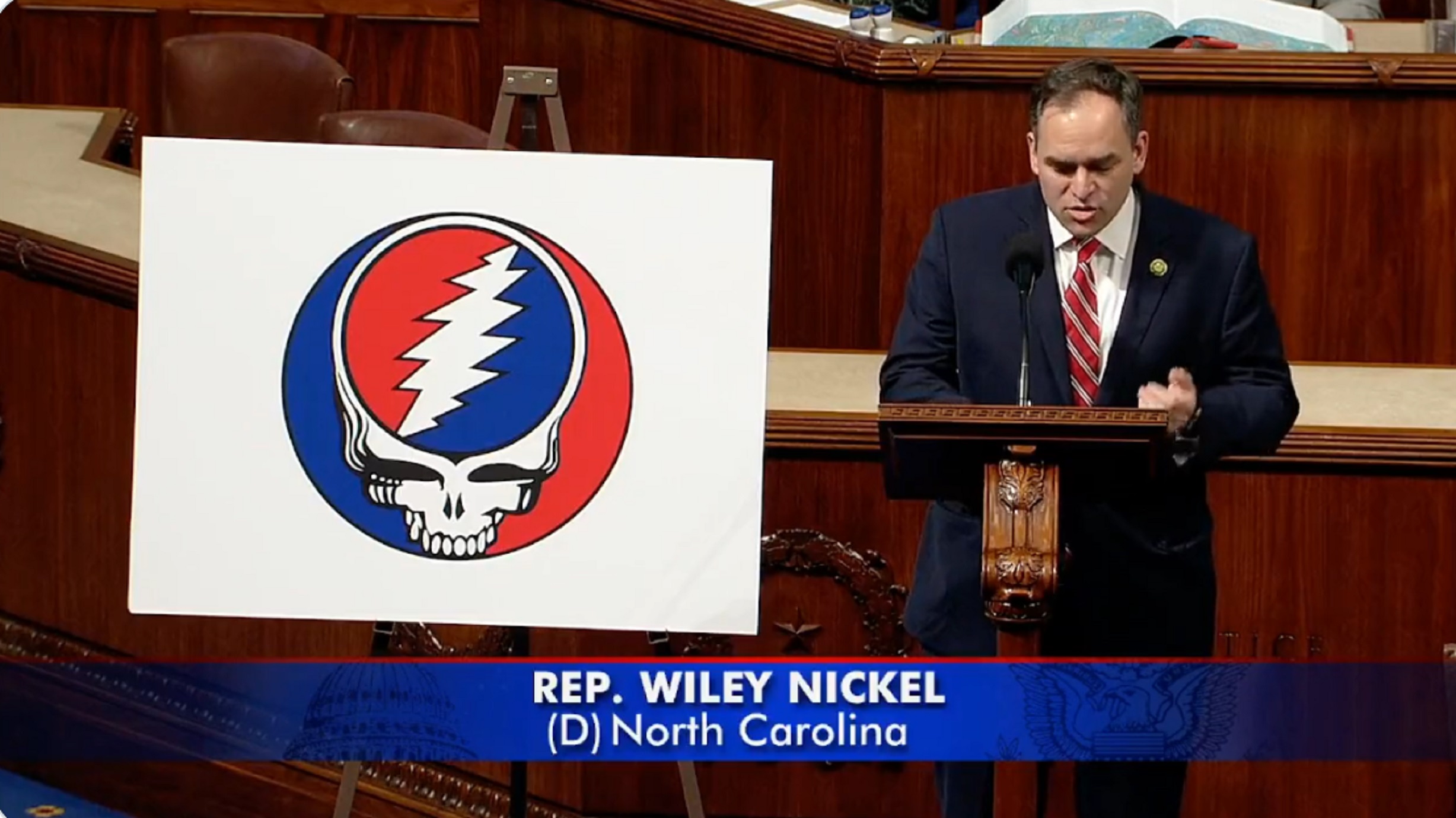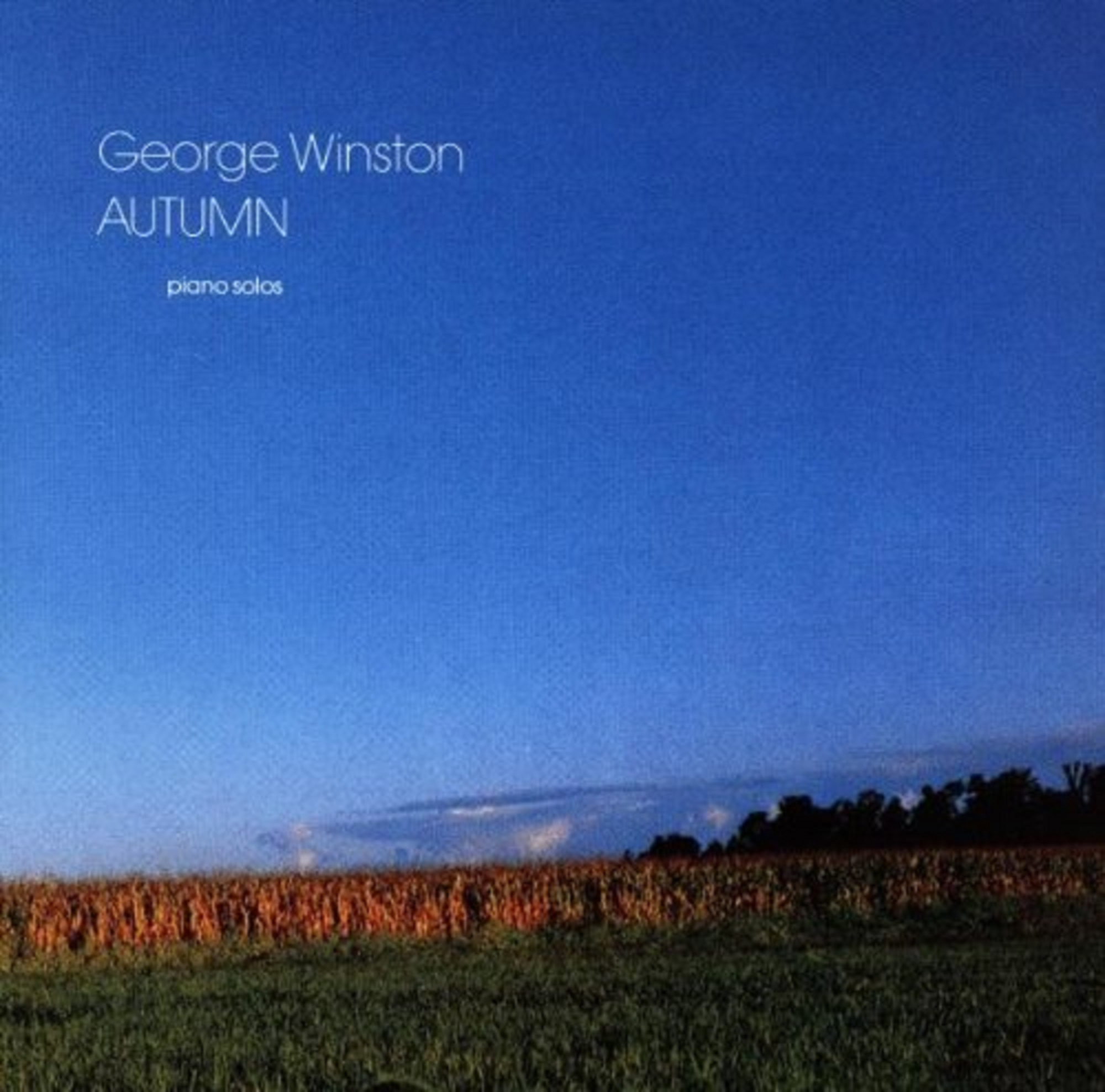Paper producers including Kimberly-Clark - the maker of Cottonelle, Scott, Kleenex and Viva tissue paper products - are forcing the destruction of our continent's forests, and devastating the habitat for countless wildlife species in the process. Kimberly-Clark, and others, could change their policies and make use of recycled fiber, but instead choose to buy untouched pulp from those who log deep in North American forests. If Americans choose more environmentally based tissue products, we could help expedite Kimberly-Clark's adoption of recycled fibers.
U.S. paper manufacturers operate in the U.S. & Canada, and tree fiber, pulp and tissue products cross the border within logging operations, paper mills, and consumer markets. These paper products originate in the Canadian boreal forest and sterile tree plantations are replacing species-rich U.S. forests.
Kimberly-Clark - one of the largest tissue paper producers in the world, uses more than 1.1 million cubic meters of trees from Canada's boreal forests each year to produce some 450,000 tons of pulp. Kimberly-Clark relies on recycled sources for only 19 percent of the pulp it uses in North America to make toilet paper, facial tissue, napkins and paper towels for home use. Moreover, the company uses no recycled content at all to manufacture grocery store brands such as Kleenex and Scott. These practices are markedly different than those of companies such as Cascades, Canada's second largest tissue product manufacturer, which meets 96 percent of its pulp requirements with recycled fiber. (http://www.nrdc.org).
Kimberly-Clark should change policies on North America's remaining forests by making better use of forest friendly alternatives to untouched wood fiber. Until Kimberly-Clark and other paper producers end their dependence on untouched fiber, North America's ecologically rich forests are in jeopardy; so think twice what toilet papers, diapers, paper towels, etc. you buy next time you're at the grocery store. For a few more cents, you can make a much bigger difference. If Kimberly-Clark's sales go down to more forest friendly brands, you can bet they will adopt a new policy..























